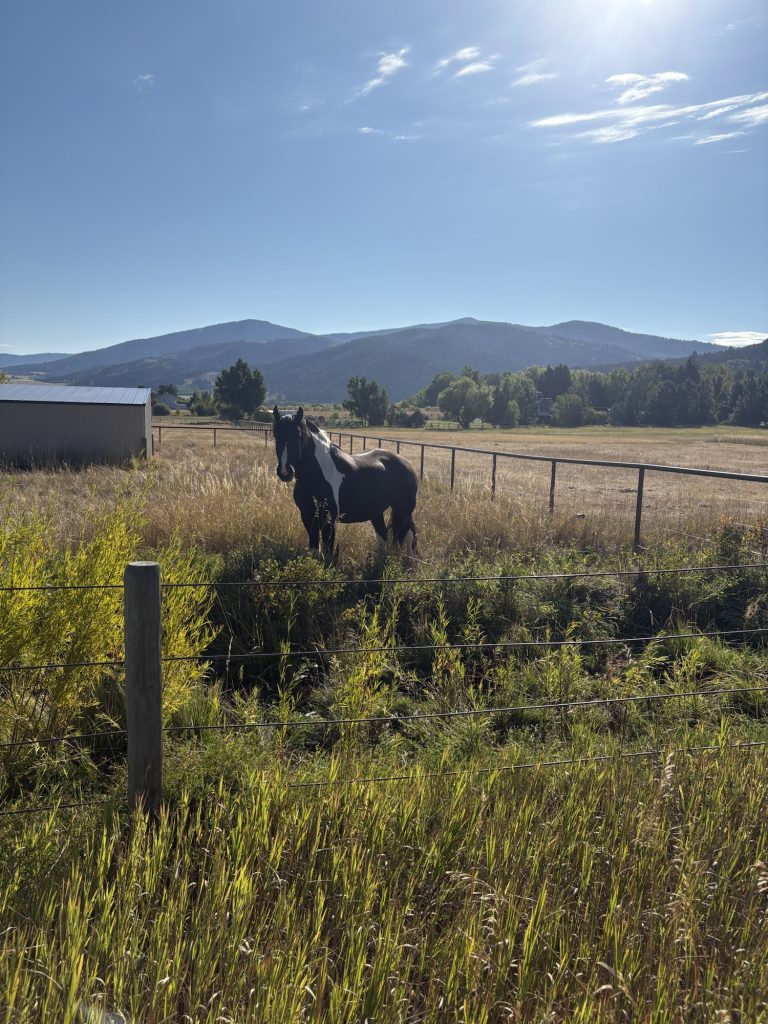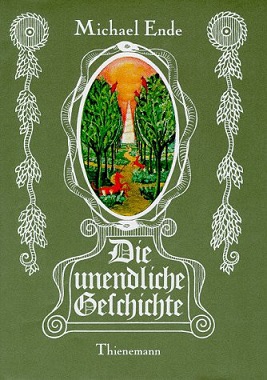The glory of the first few weeks of fall in Montana, indeed most of the mountain west, is under appreciated.
We advertise the powdery snow & bright sunshine of our winters and the long temperate days of our summer for tourism, but I love the precious few middle days of transition as we approach Michaelmas season.
The harvest wraps, the fall begins in earnest with frost ever ready, and we prepare ourselves for darker days ahead.
I personally try to be outside as much as possible in this transitional period. Throwing on sneakers and a vest is much easier than snow boots and a parka.
Rambling across county pastures, over makeshift bridges across streams and across neighboring fields in the morning sets the tone for a positive day.

Once I’d returned home, the abyss of the open internet was there to stare back at me as I looked too hard upon it.
The prayers I had uttered in thanks for the glory of our mountains, the brightness of the sun, and the mercy granted to the living was pushed back by the darkness of greyzone algorithmic memetic warfare.
I am still recovering from travel so weak enough that I have little desire to self censor. The ebbs and flows of conflicting constructed realities are fighting for purchase on the American mind and it’s not pretty. God given inalienable rights are not on anyone’s mind when there are others to blame.
I hardly knew if I should pick up Heidegger, Nietzsche or (shuddering at the thought) Schmitt to make sense of apoplectic displays of poorly harnessed power being thrown about by competing and angry egregores.
What could I possibly do or say or read to make sense of anything? I suppose that’s how the abyss gets you. The Nothing only needs you to stand idly by as you are absorbed into the abyss. Michael Ende and Madeleine L’Engle may be better places to go to understand the abyss than Nietzsche. Lest we lose our sense of wonder in the horror.
